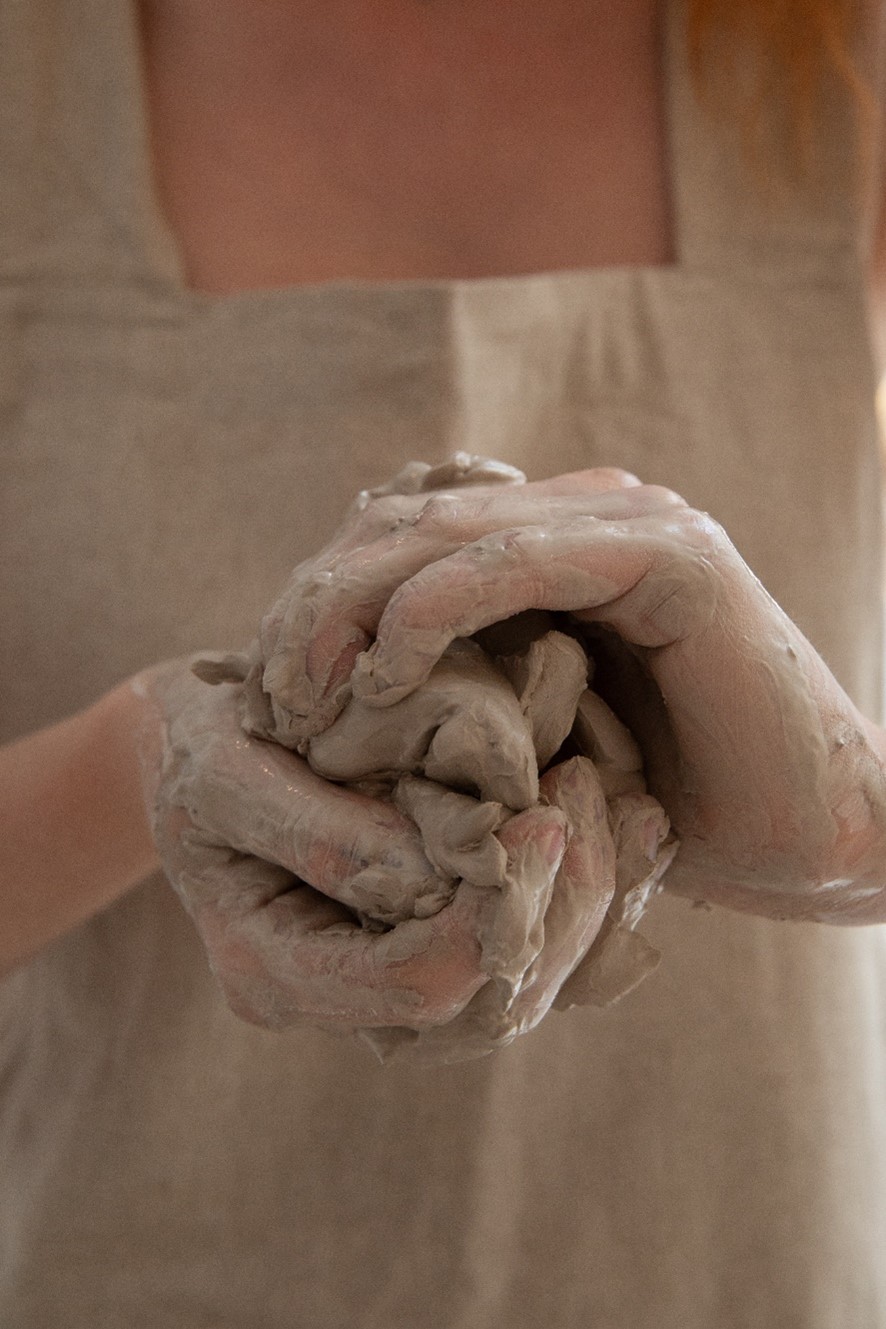Play is the first language we learn as children. As we grow, our play styles may change and develop, but play remains a fundamental way that we express our inner thoughts and feelings (even those that we are not consciously aware of). This why Play Therapy is such a useful tool for therapists and a valuable experience for clients.
What is Play in Therapy?
Play is the ability to be curious and explore the world around us while suspending judgement. Play engages our emotional brains and can increase the secretion of happy hormones such as dopamine.
Play has many benefits in aiding to our overall wellbeing:
- Outlet for creativity
- Helps regulate uncomfortable emotions
- Reduces stress and anxiety
- Fosters learning
- Fosters skill mastery
- Builds connection with others
What is Play Therapy?
Play Therapy is the use of play in a counselling setting, where the play is at the forefront of the intervention. This means that the play itself becomes the treatment. Through play an individual can communicate and reflect on their experiences, while providing psychological distance. Said another way, conducting therapy through play allows individuals to engage with emotions that may be too strong to engage with directly or so deeply buried that they are unaware that they are even there.
Just like all other models of therapy, Play Therapy draws upon research and theoretical frameworks. As such there are many different models play therapy can utilize depending on the training of the practitioner. Some models of Play Therapy are: Humanistic, Gestalt, Adlerian, Cognitive Behavioural, Psychoanalytic, and Integrative to name a few.
There are several different types of play that a practitioner may utilize:
- Expressive art (drawing, painting, crafts)
- Clay
- Sand tray
- Music
- Movement and dance
- Puppets
- Fantasy and dress up
- Therapeutic stories
The role of the therapist is to make decisions regarding the model of Play Therapy and the play intervention to utilize based on the individual needs and presentation. During the chosen intervention, the therapist will observe and respond to create awareness, self-reflection, understanding, and self-acceptance.
When a minor is the primary client in play-based counselling, ongoing consultation with their parents or caregiver becomes an important part of the treatment plan.
Why Play therapy?
Play therapy allows a practitioner to engage with multiple dimensions of their client’s being (social, emotional, spiritual, cognitive, physical etc.). What this means for clients is that your therapist can get a full picture of your situation and not just attempt to treat your symptoms in isolation.
On top of this, Play Therapy itself enhances all the benefits of play and creates a fun and engaging environment for change to occur. Play-based treatments have been shown to be effective in addressing several mental health concerns (Gil & Drews, 2004; Landreth, Sweeney, Ray, Homeyer & Glover, 2005; Reddy, Files-Hall &Schaefer, 2005):
- Emotional regulation challenges
- Grief and loss
- Divorce and separation
- Crisis and trauma
- Anxiety and depression
- Developmental concerns
Who can play therapy help?
Play therapy can be effective for children as young as 3 years old (Carmichael, 2006), and can be utilized throughout the lifespan (children, adolescence and adults). As play interventions work within symbol and metaphor, they can help break down communication barriers at all ages.


